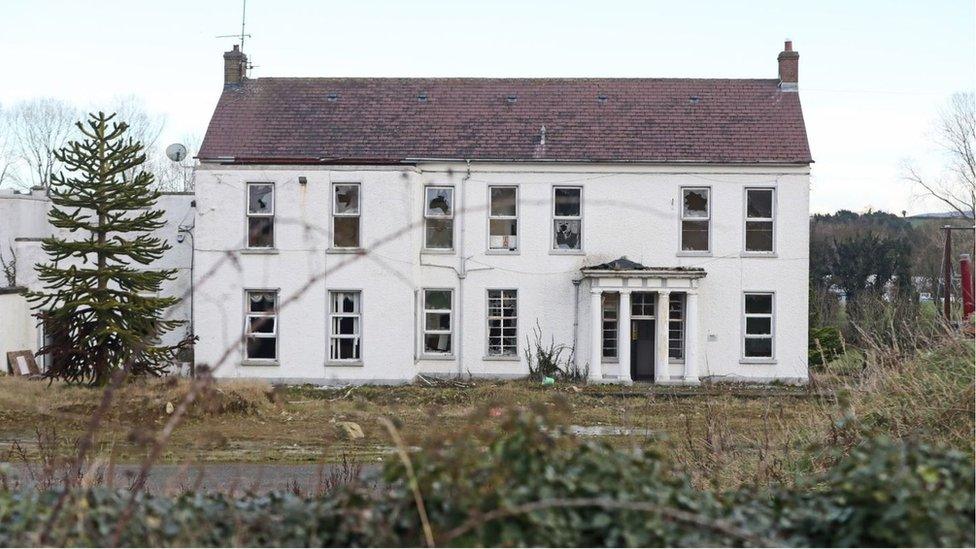Consultation on mother-and-baby home inquiry to begin
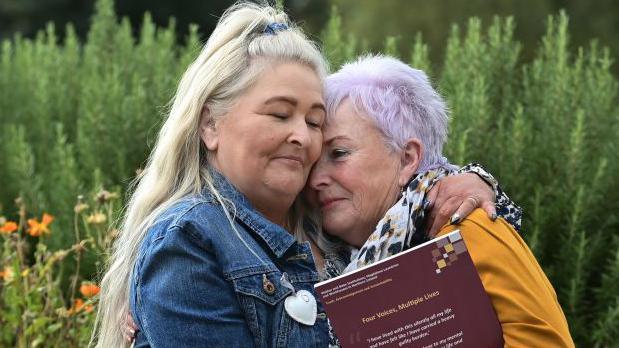
Mother-and-baby home survivors Mechelle Dillon (L) and Adele Johnstone (R) comfort one another after the Truth Recovery Design Panel report findings were released in October 2021
- Published
A consultation on proposals to establish an inquiry into mother-and-baby homes will be launched this week, First Minister Michelle O'Neill has said.
She made the statement to the assembly on Tuesday on behalf of herself and Deputy First Minister Emma Little-Pengelly.
Ms O'Neill said victims and survivors have waited "far too long", and that the executive "all want to play our part to address the most difficult and shameful part of our past".
In January 2021, a report by Queen's and Ulster University academics, external found that at least 10,500 women and teenage girls passed through those institutions in Northern Ireland between 1922 and 1990.
The 12-week public consultation "aims to gather a wide range of views" to "help shape the legislation necessary" to set up a statutory inquiry.
This scheme will provide for an "immediate and standardised" initial compensation payment, Ms O'Neill added, with further individually-assessed payments made following the work of the inquiry.
“We want to avoid mistakes of the past where victims and survivors were required to wait for too many years before they could access financial redress," Ms Little-Pengelly said.
It is not yet known how much these payments will be, but the first minister said the executive has begun engaging with institutions.
"We need to pursue these institutions, they have to pay redress because that is also part of the healing process," she added.
Survivors 'have a good bit to go'
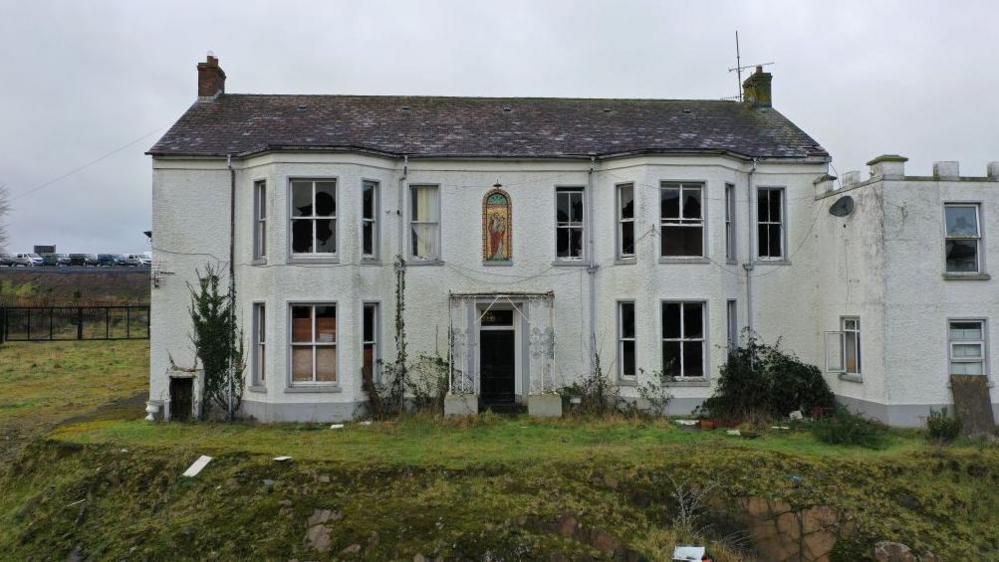
There were several mother-and-baby homes in Northern Ireland, such as Marianvale in Newry
Mechelle Dillon, of Birthmothers and their Children for Justice NI, welcomed Tuesday's announcement but said it is only the beginning.
“The only comment we can make at the moment is that we're very pleased with things moving in right direction," she told BBC News NI.
"We still have a good bit to go before we get to the end for justice, we won't know what's in the consultation until it goes live on Thursday."
What were the mother-and-baby homes?
There was once a a network of institutions across the island of Ireland which housed unmarried women and their babies at a time when pregnancy outside marriage was viewed as scandalous.
There were more than a dozen such mother-and-baby homes in Northern Ireland.
Three of them had Catholic-run workhouses known as Magdalene Laundries, where women frequently had to do exhausting, unpaid labour.
Researchers found that a third of those admitted were under the age of 19, with the youngest child to be admitted aged 12.
A number were the victims of sexual crime, including rape and incest, and “strenuous physical labour” was expected of residents late into their pregnancies.
Many women and girls were separated from their children by placing them in children's homes, boarding them out (fostering) or through adoption.
There was also the issue of the cross-border movement of women and children in and out of the institutions.
The last institution in Northern Ireland closed in 1990.
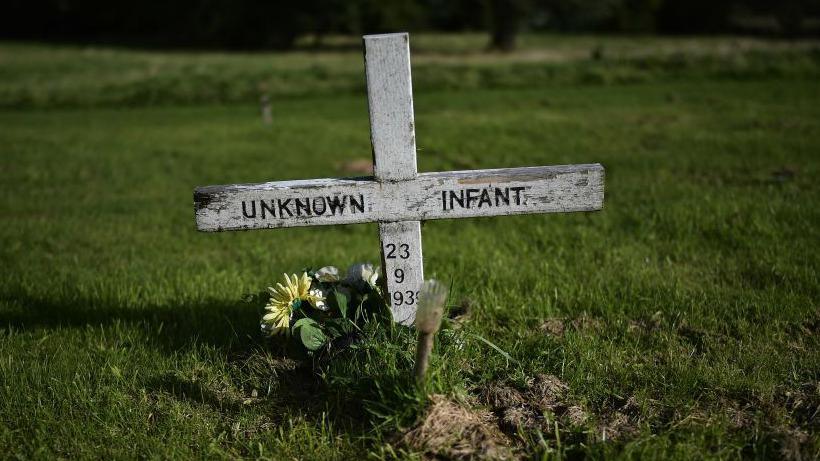
The Bog Meadows area of Milltown cemetery is home to unmarked mass graves and the bodies of children from so-called mother-and-baby homes
In November 2021, the Stormont executive agreed to set up a public inquiry into institutions for unmarried mothers in Northern Ireland.
As well as an inquiry, immediate redress payments to survivors were recommended.
The proposals were published in a report by the Truth Recovery Design Panel.
A month later, in a move described as "momentous" by survivors, the Northern Ireland Executive agreed to implement all of the panel's recommendations.
At the time, then-Deputy First Minister Michelle O'Neill told the assembly all steps would be put in place "as quickly as possible", including redress payments to survivors.
However, the executive collapsed in February 2022 after the Democratic Unionist Party (DUP) withdrew from the power-sharing institutions as part of its boycott over post-Brexit trade arrangements for Northern Ireland.
Last October, Adele Johnston, also of Birthmothers and their Children for Justice NI, said that since Ms O'Neill's announcement, "forgotten about" survivors had spent two years "treading water and getting nowhere".
Power sharing was restored in February 2024.
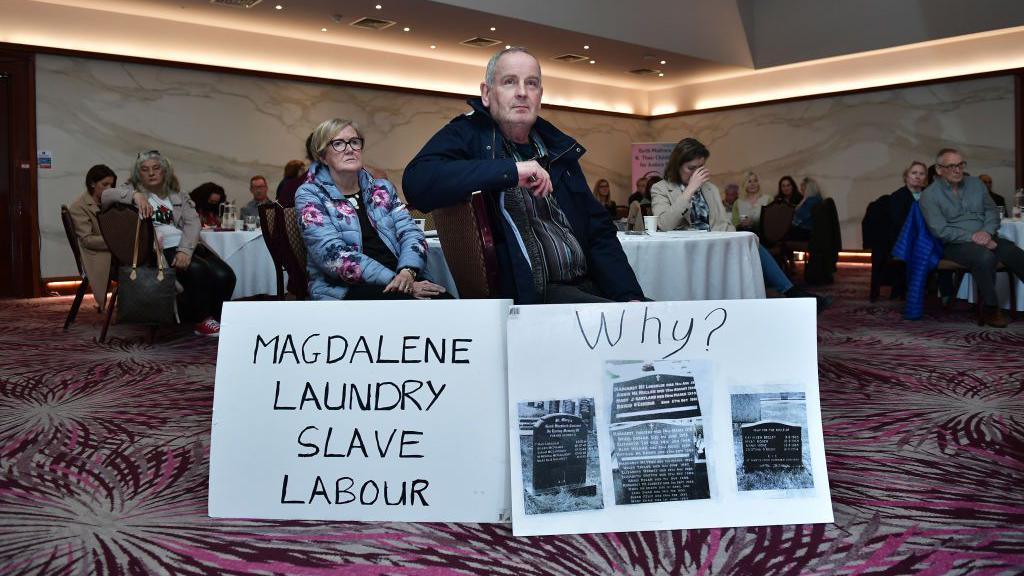
Survivors of mother-and-baby homes and Magdalene laundries gathered at the Stormont Hotel in 2021 to hear details of the Truth Recovery Panel report
A 10-person, independent panel examining mother-and-baby homes and Magdalene Laundries was set up in April 2023 by Stormont's Executive Office.
On Tuesday, Ms Little-Pengelly told the assembly that about 300 victims and survivors have came forward, but they expect this number to grow.
Ms O'Neill said "significant progress" has been made so far but that victims, and their families, have waited "for far too long".
She said the inquiry will establish answers to "three core questions" - what happened, why it happened and who was responsible.
The first minister described the day as "marking another important milestone and an acknowledgement of the suffering inflicted on mothers and children in mother and baby institutions, Magdalene laundries and workhouses".
"We have spoken directly to survivors and we know that they still suffer the trauma of their appalling experiences, a trauma that was only ever made worse by years of being ignored whenever they sought the justice that they deserved," she told the assembly.
Ms O'Neill added that she hopes to see draft legislation before the end of this year.
'Clearly on the right road'
Alliance MLA Paula Bradshaw welcomed the announcement as "an important milestone", but said a long road still lies ahead for full truth recovery.
She said the consultation period should be "put to maximum use" with the information gathered "used effectively to deliver the best possible legislation for introduction during this calendar year".
"There is no further time to be lost," she added.
"There remains a long journey still ahead, but at least now we are clearly on the right road."
In a statement welcoming the announcement, the Truth Recovery Independent Panel said it is "important that the needs of victims-survivors are met".
"Over the past year the independent panel has been laying strong foundations for the work of a public inquiry and we hope to see this process expedited over the coming months," the body said.
"The Independent Panel is entering a wider outreach phase for collecting testimony from victims-survivors and we would appeal to anyone who is interested in engaging with its sensitive testimony gathering process to please contact us via our website."
Frustration and relief
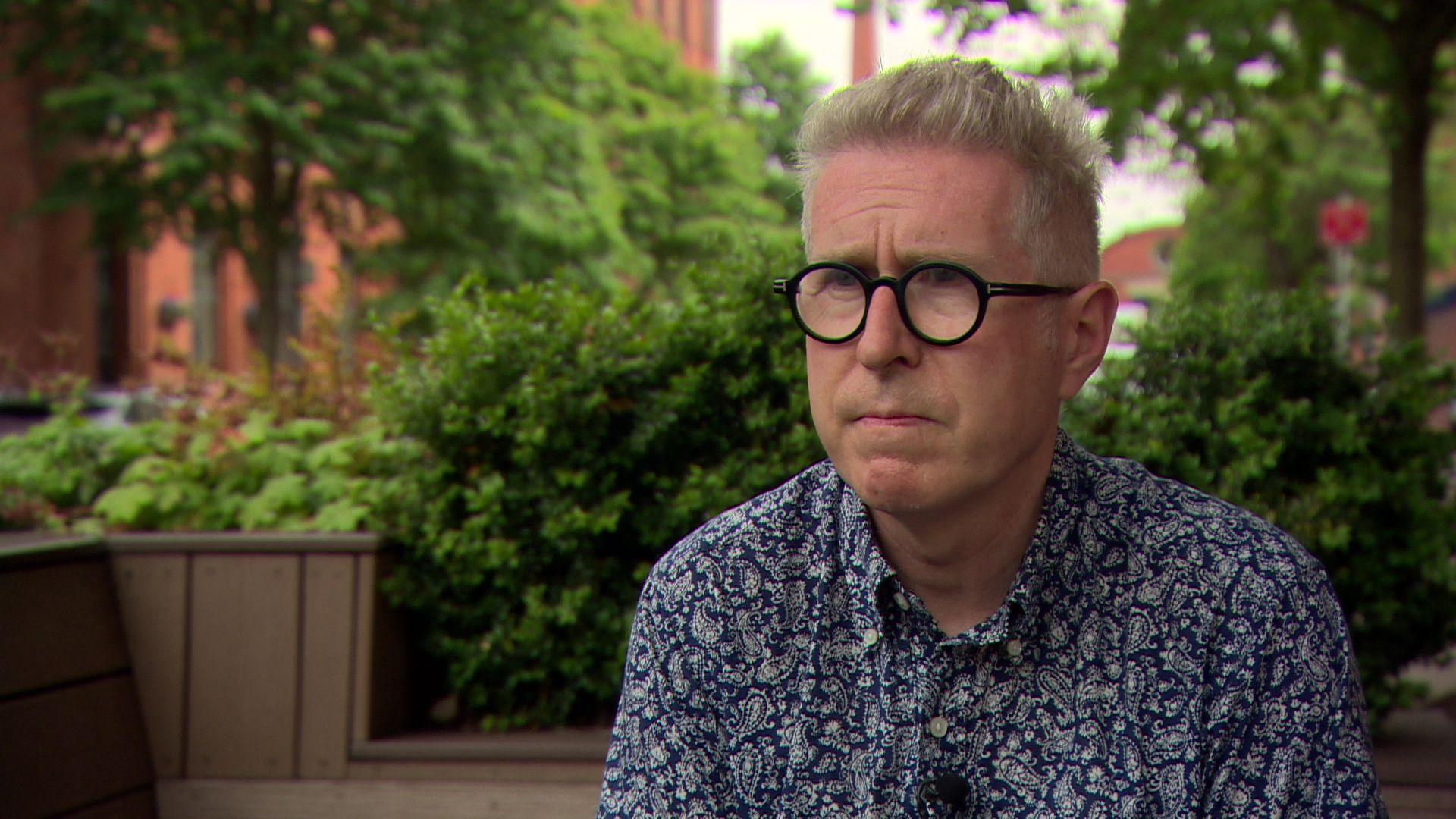
Sean O'Connell says victims and survivors may feel a sense of frustration that this process has taken so long
Speaking to BBC News NI, the panel's co-chair, Sean O'Connell, said victims and survivors “can see the first stage” of the redress process.
“It’s very important for people to have recognition,” he said.
“It’s not about the money, it’s about recognition… even just people saying sorry.
“I’m sure today there is a mixture of frustration [that this has taken so long] and relief, a sense that they’re getting some information on what happens next… and make an input hopefully into that process," Mr O'Connell added.
The Victims and Survivors Service said the consultation will "give those impacted, other stakeholders and members of the public an opportunity to make their views known".
"Throughout this period of consultation, [we] will continue to be available to support those who have been impacted, and who may find this consultation process difficult," chief executive Andrew Walker added.
- Published18 March 2024
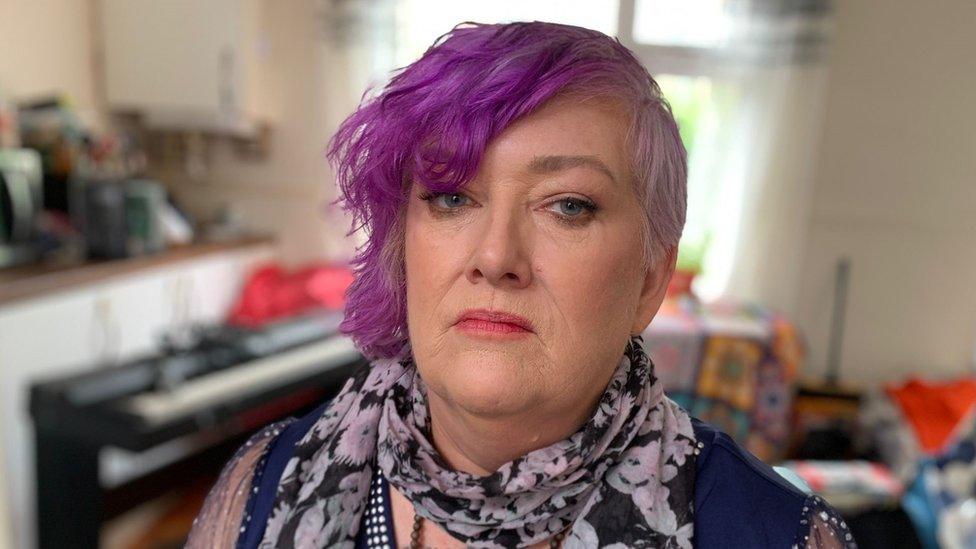
- Published5 October 2021
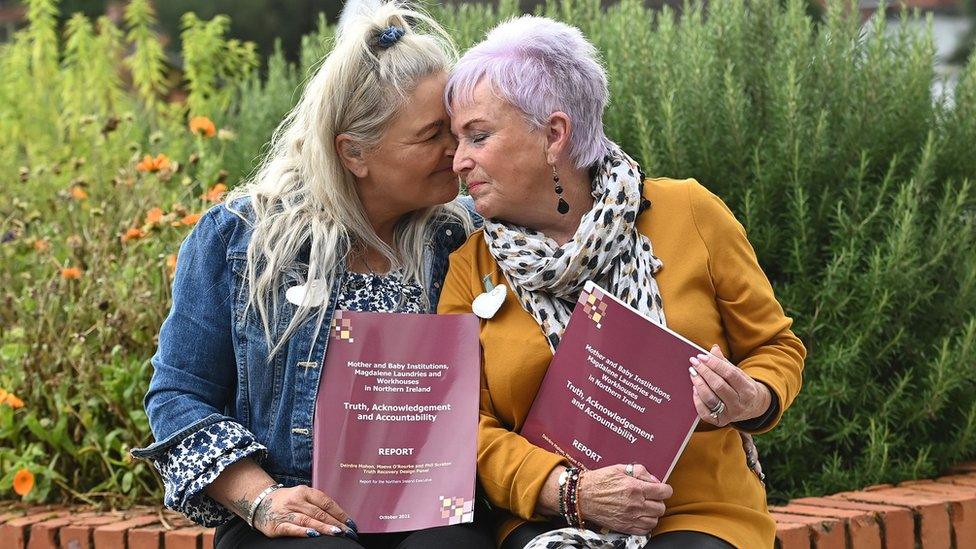
- Published7 October 2023
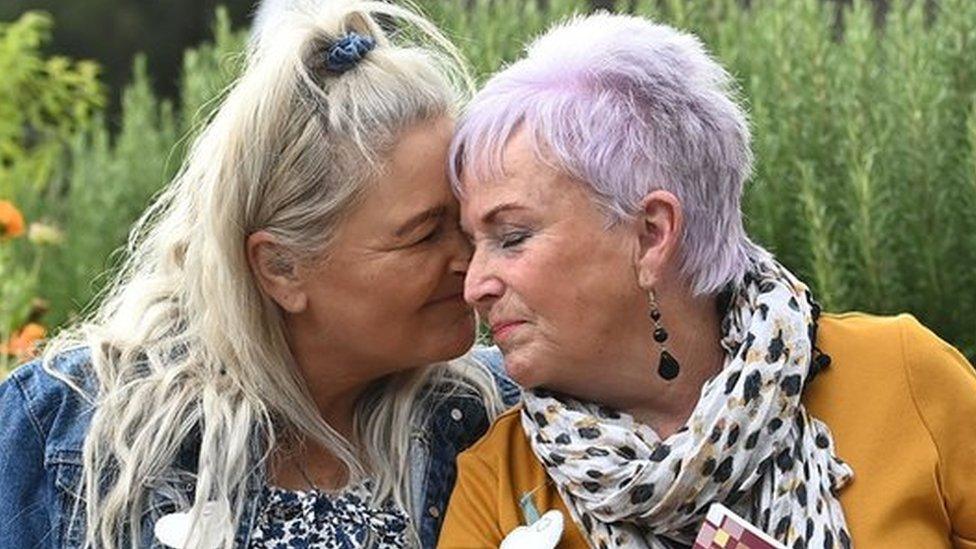
- Published26 January 2021
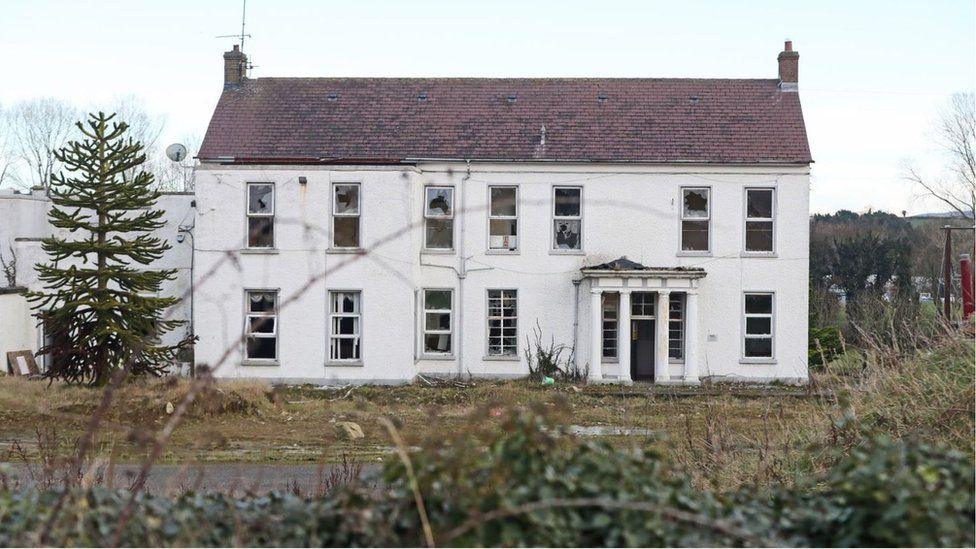
- Published15 November 2021
